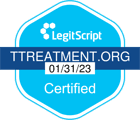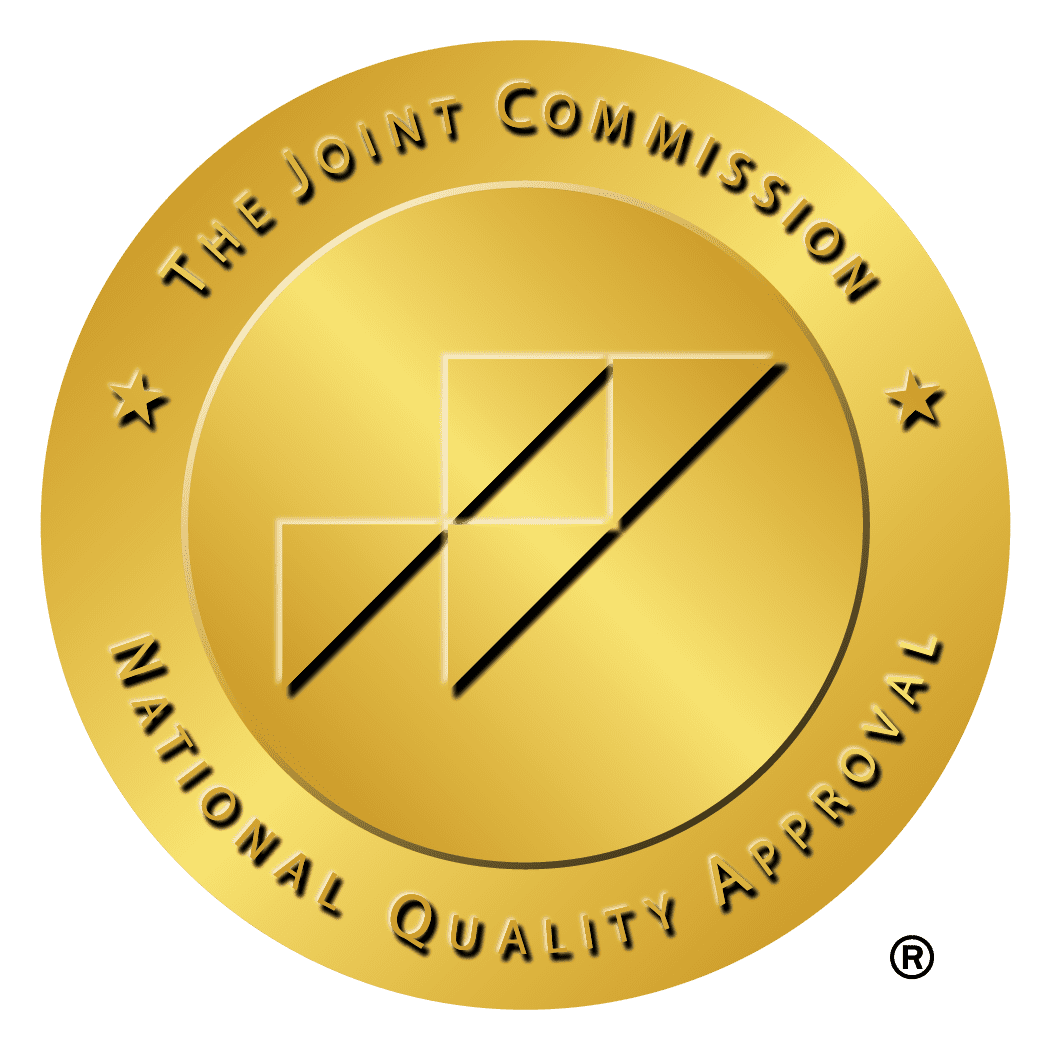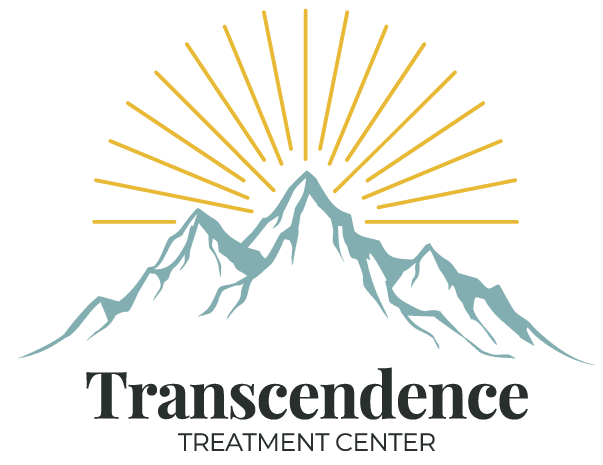We at Transcendence Treatment Center have often shared information about how and why veterans and/or military personnel are often more susceptible to substance abuse due to the social, mental, and emotional norms that are present while in the military. We wanted to dive a little deeper into the context of Post Traumatic Stress Disorder (PTSD) and why individuals who have PTSD may be even further susceptible to substance abuse disorders than others.
PTSD is quite prevalent among veterans and military personnel for a variety of reasons. Factors for PTSD can include what an individual does in war, the politics around the war, where the war is fought, and the type of enemy being faced. Another unfortunately common form of PTSD is military sexual trauma (MST) which horrendously exists for roughly 23% of women in the military who have reported sexual assault, 55% of women reporting sexual harassment, and 38% of men reporting sexual harassment. Regardless of why PTSD is caused, PTSD and substance abuse, unfortunately, go hand-in-hand very frequently. In the 1980s, the National Vietnam Veterans Readjustment Study found that 74% of Vietnam veterans with PTSD had a substance use disorder. In more recent times, 63% of veterans met the diagnostic criteria for alcohol use disorders or drug use disorders, while having co-occurring PTSD. We want to further break down some of the reasons why PTSD and addiction go so strongly hand in hand, discussing some factors and contributors to both.
Repeated Exposure to Combat
Combat is something that the average person likely cannot fathom. When your job requires you to be exposed to intense violence, training, and potentially inhumane situations on a regular basis, it is easy to imagine that one may want to repress some of these memories that are especially painful. Individuals afflicted with PTSD as a result of combat or service may experience a variety of symptoms ranging from flashbacks, intrusive thoughts, intense nightmares, and overall sleep difficulty. While percentages of PTSD vary heavily depending on the war, politics around the war, role in the war, etcetera, it’s been suggested that anywhere from 14% to 16% of veterans that were deployed to areas such as Afghanistan or Iraq have subsequently experienced PTSD. For individuals actively involved in the military, being in the military and knowing you may be exposed to war at any given moment in time is a heavy burden to carry. This can add a significant amount of stress to one’s life and entice someone to want to turn to external methods of escapism such as substance abuse.
Lack of Encouragement to Engage in Therapy
When one is enrolled in the military and taking part in combat, there are often more pressing issues at hand, meaning that despite therapy being both incredibly important and useful, it can often get tossed on the back burner. With other issues often taking precedence, many relevant issues relating to both PTSD and substance abuse can get swept under the rug, meaning that these issues then continue to get worse before the problem is properly addressed. For those who are actively trying to find treatment, this is another point of contention. Accessing adequate treatment can be rather difficult; not only is there a stigma that unfortunately exists around getting help, but getting adequate support may require an honorable or general discharge in order to access the VA’s medical benefits. Once this opportunity becomes available, one must wait on long waiting lists, further delaying the healing process. Frighteningly, according to a study conducted by the RAND Center for Military Health Policy Research, less than half of returning veterans needing mental health services receive any. We find this deplorable and want to further emphasize that each and every person who is struggling with PTSD and/or substance abuse is worthy and deserving of treatment to better their lives.
Loss of Military Brothers/Sisters Due to Death from Combat and/or Suicide After Discharge
Alarmingly, suicide rates among active-duty military members are currently at an all-time high post 9/11 and have continued to increase over the past five years. Military suicide rates (30,177 dying by suicide since 9/11) are four times higher than active military deaths (7,057 dying in combat since 9/11) during that same twenty-year span. This trend is incredibly troubling and can certainly weigh on the minds of personnel who must carry the burden of missing their loved ones. Dealing with grief can bring on a variety of different emotions that can further encourage behaviors and the suppression of feelings associated with grief, such as substance abuse. Dealing with grief, the circumstances surrounding one’s death, and the poor coping mechanisms to deal with these burdens are all very heavy matters and should be treated with care and the help of a professional.
Feeling Isolated and Misunderstood
Unless one has actively served in the military, there’s a large chance that the average civilian does not understand what exactly goes on during one’s time in the military. This lack of understanding may be frustrating and can make you feel alone in what you’ve experienced, perhaps feeling nervous or unwilling to open up about some of the things you witnessed during your time serving. The more you remain closed off, the more reluctant you may be to get the help you need. Isolation may prevent you from wanting to get help even as you realize this isolation does not make you feel better and in many cases, can make you feel worse as you turn to external pleasures to provide you relief. You deserve to feel heard and cared for in what you have experienced. The first step to getting on the right track is facing this feeling of isolation and working through whatever baggage may be weighing you down. Regardless of what you have seen, humans are social creatures by nature and you deserve to be with loved ones who treat you with sympathy, compassion, and healing.
Desire to Stop PTSD Symptoms — Numb and Forget
PTSD can be debilitating to one’s day-to-day life. With a variety of experiences and symptoms ranging from flashbacks, intrusive thoughts, intense nightmares, and overall sleep difficulty, life can be hard to navigate while trying to keep these symptoms under control. Since alcohol and other substances work as a depressant, these substances slow down your nervous system and slow your control, brain processing, and overall awareness. This means that these substances may be effective in allowing you to momentarily stop feeling pain and numbing these symptoms, but it comes at the cost of altering your brain functionality, creating dependence, and harming you further in the process. Regardless, this dependence surely alters people’s relationships with substances and keeps them coming back for more as they suffer from PTSD symptoms.
Homelessness
When one is in a situation in which they are homeless or soon to be homeless, escapism and finding a way to cope is a method that many turn to deal with this painful reality. It’s been found that 38% of homeless people are alcohol dependent, and 26% are dependent on other harmful chemicals or drugs, identifying a pretty significant correlation between substance abuse and homelessness. On any given night in the United States, roughly 40,000 veterans do not have a roof over their heads. The homelessness that has impacted veterans is unacceptable and the path of substance abuse that often follows homelessness is even further detrimental. Veterans who are at risk of becoming homeless or are presently homeless are strongly urged to contact the National Call Center for Homeless Veterans at (877) 4AID-VET (877-424-3838) for assistance. More information can be found on the Veteran Affairs website here.
The Stigma of Mental Health Disorders and Addiction
Despite more modern views on addiction being more accepting and open to receiving help, there remains a stigma about getting help and this prevents people who may need the most help from receiving it. This stigma may be especially true for military personnel who are often looked at as being courageous; they may view their need for help as weakness whereas, in reality, it is a sign of strength to work toward becoming a better person when faced with adversity such as that of substance abuse and PTSD.
—
Understanding the relationship between PTSD and substance abuse allows one to better understand some of the circumstances that further contribute to both and why they are so closely intermingled. Both PTSD and substance abuse are very difficult things to endure in life and rest assured you do not need to suffer if you or someone you know is dealing with these issues. We at Transcendence Treatment Center wish to make a difference to each person who comes to us. Veterans or active military who utilize Tricare Humana Military Insurance are being welcomed with open arms to receive holistic and personalized healing for substance abuse (must have a referral).
Your health is our ultimate goal. For more information or to reach out for help today, please visit our website or call us at 854-222-3773.



